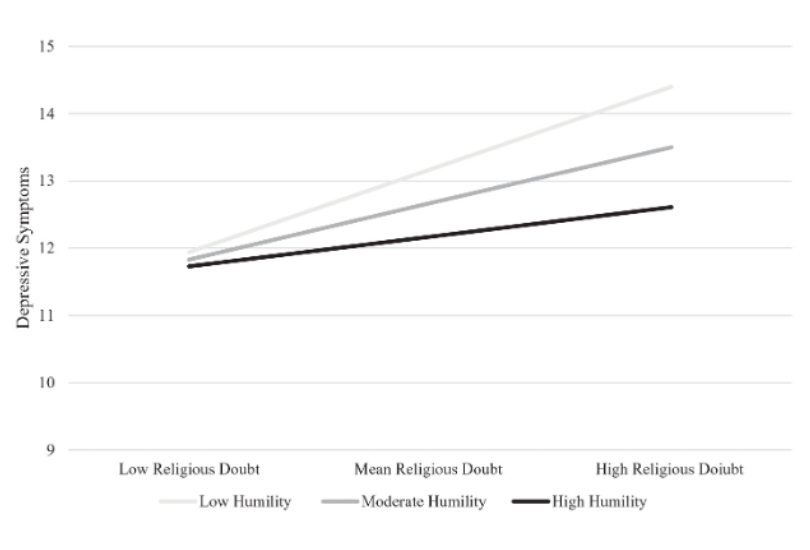Questioning Your Faith? Humility May Help
As we age, we begin to question a lot, including our religion. Recent research points to humility as a tool to healthily navigate the process.

Read Time: 2 minutes
Published:
We are all aging every day. Many of us fixate on the physical aspects of the aging process: grey hairs, wrinkles, aches, and pains. We may try not to think about what happens after we die.
It is natural for us to question our futures, and in turn, our religious beliefs. However, this introspection may lead to distress, anxiety, and depression.
How can we successfully navigate the process of confronting our own impermanence?
Some psychologists suggest we should practice humility. Humble people exhibit modesty, honesty, curiosity, and gratitude. These traits allow us to create strong social bonds with others and, therefore, seek support when we don’t have the answers to life’s many questions.
Laura Upenieks and Christopher G. Ellison demonstrated the importance of humility later in life through a survey of Christian adults over the age of 65. The researchers first asked participants how often they questioned their beliefs and religious practices. They then asked participants how likely they were to practice acts of humility, such as admitting their mistakes and acknowledging the skills of others.
Participants received scores for religious doubt and humility. The research team used the Center for Epidemiologic Studies Depression Scale to measure depressive symptoms; high-scoring individuals demonstrated the strongest symptoms.

The graph above models the relationship between religious doubt and depressive symptoms. Individuals with high religious doubt demonstrated more depressive symptoms than those with low doubt. Those that demonstrated high levels of humility, shown in the black line, exhibited lower levels of depressive symptoms.
Upenieks and Ellison suggest that in moments of questioning, we can practice humility by reaching out to others for support and comfort. If we do, we may be able to approach existential questions with tranquility.



